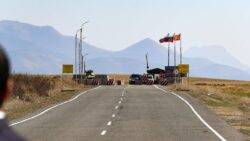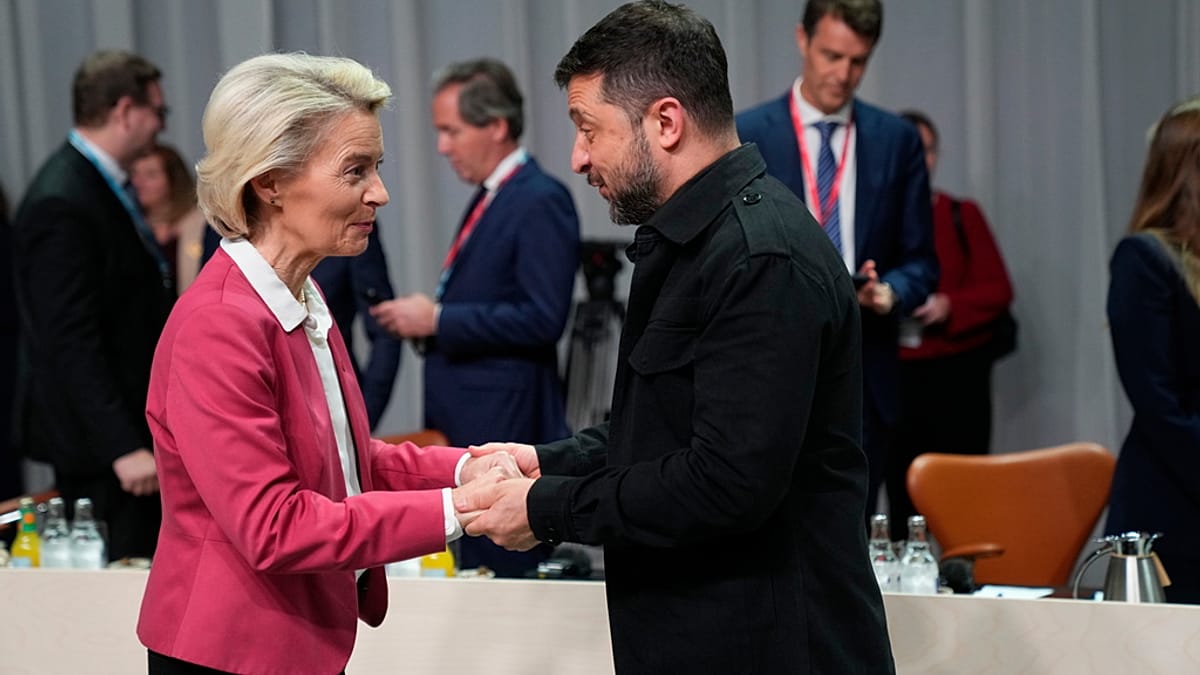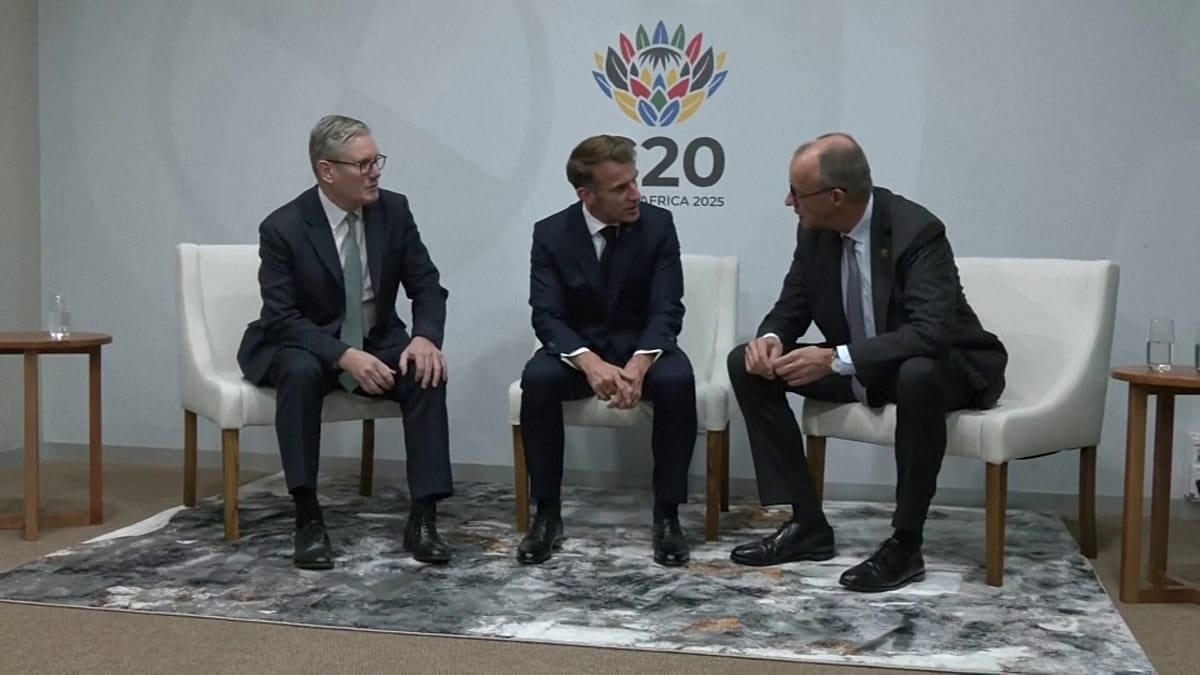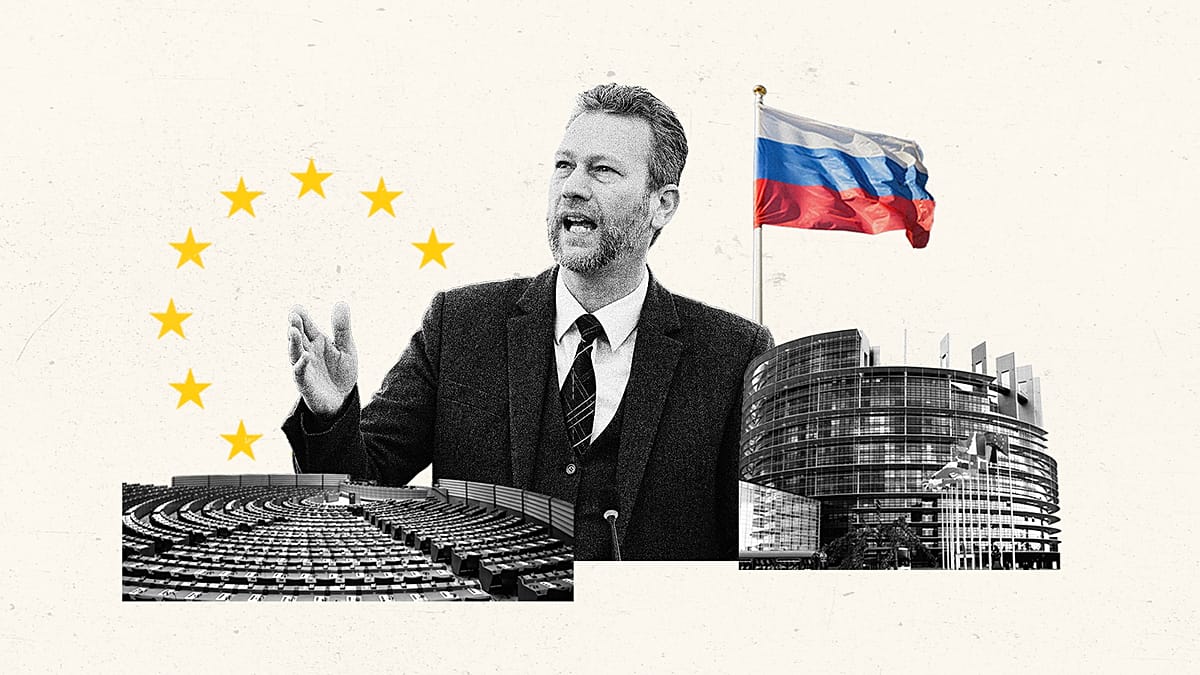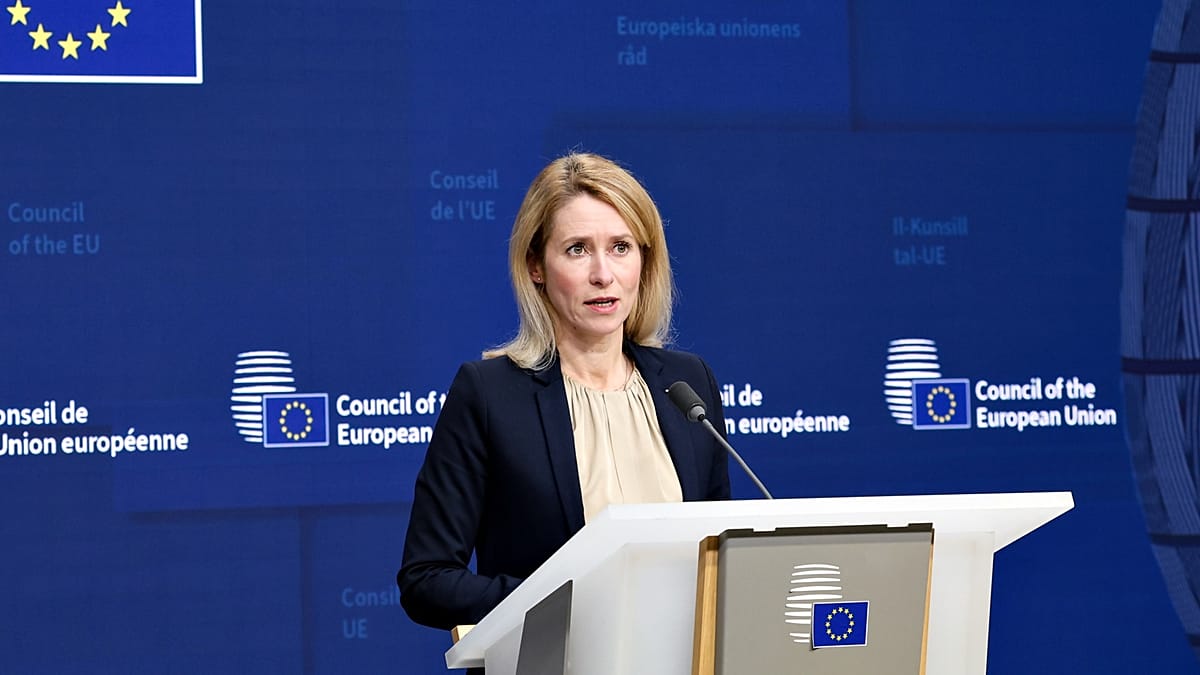Closing the vital Lachin corridor, Armenia’s main route into the disputed region, could pose a serious risk to a fragile truce.
Azerbaijan announced on Tuesday it had suspended road traffic on the only road linking Armenia and Nagorno-Karabakh, after Yerevan accused Baku of obstructing access to the breakaway region.
“Crossing via the Lachin border post is temporarily suspended”, the Azerbaijani border guards said in a statement, alleging that the Armenian branch of the Red Cross had used the checkpoint for multiple “smuggling attempts”.
The governments of Armenia and Azerbaijan have already been in European-brokered negotiations this year to try and ease tensions in the disputed region.
The Azerbaijani authorities say the border crossing will be closed until a criminal investigation into the smuggling claims has been completed.
The two countries have been fighting over Nagorno-Karabakh since the late 1980s, resulting in two wars.
The last one was in 2020, which saw the defeat of Armenian forces and major territorial gains for Azerbaijan.
Part of the enclave, located in Azerbaijan, remains under the control of Armenian separatists, but it is now surrounded by territories held by Baku.
The balance of peace in the region has depended in recent years on a Russian peacekeeping mission instituted after a bloody 2020 war between the two countries.
But since December, Armenia has accused its neighbour of obstructing supplies to the breakaway region and creating a humanitarian crisis by blocking the Lachin corridor.
Initially, Baku claimed Azerbaijani environmental activists were blocking the road to protest against illegal mines.
Then, in April, Azerbaijan announced it had installed the checkpoint on the Lachin corridor for “security” reasons.
At the end of June, the Armenian branch of the Red Cross indicated because of the blockade, it was unable to transport medical supplies and seriously ill patients to and from hospitals in Nagorno-Karabakh.
Armenia has also criticised the Russian peacekeepers deployed in Nagorno-Karabakh for failing in their obligation to ensure traffic flow through the corridor.
The Russian government, meanwhile, is irritated at Western attempts to negotiate a new peace agreement.
Kremlin spokesman Dmitry Peskov insisted earlier this year that there is “no alternative” to the ceasefire deal Moscow brokered in 2020.

